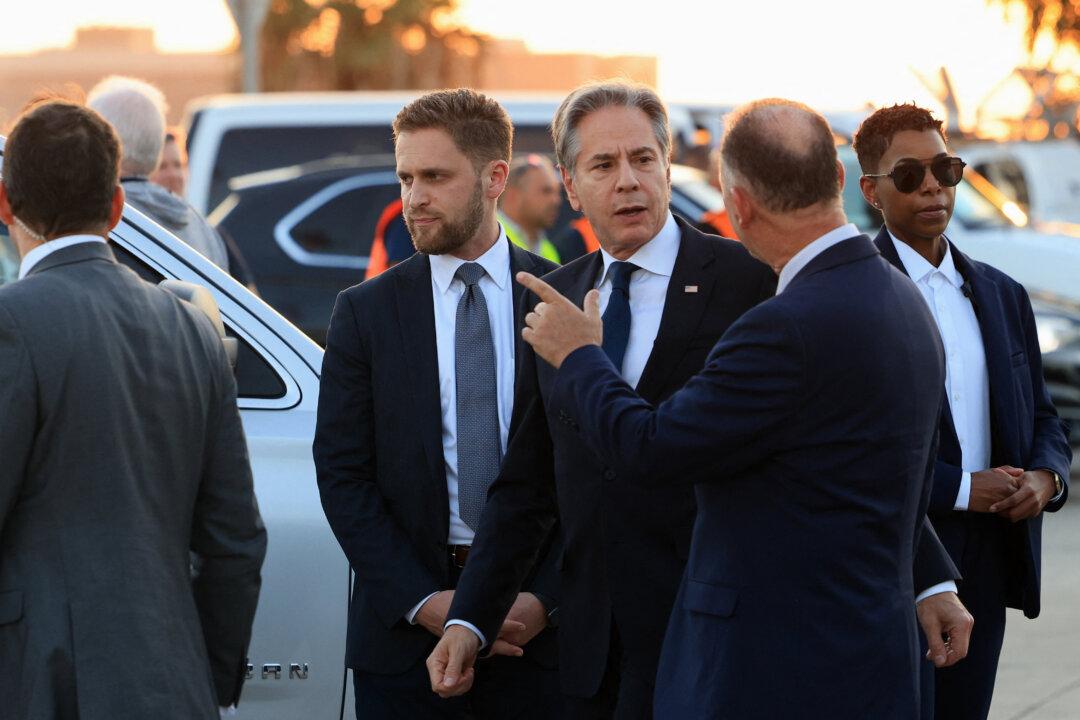With Gaza cease-fire negotiations teetering, fighting and rocket attacks aren’t letting up.
Hezbollah and Israel exchanged significant attacks over the past two days.

With Gaza cease-fire negotiations teetering, fighting and rocket attacks aren’t letting up.
Hezbollah and Israel exchanged significant attacks over the past two days.